Julian Beck
Nascimento : 1925-05-31, New York City, New York, USA
Morte : 1985-09-14
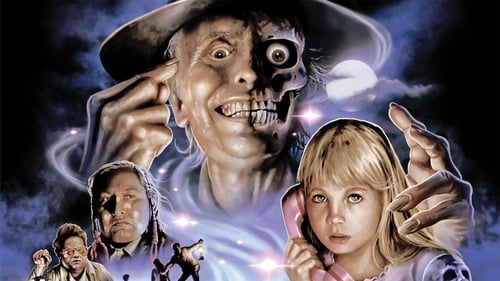
Kane
A família Freeling se muda em uma tentativa de se recuperar do trauma causado pelo seqüestro de Carol Anne (Heather O'Rourke) pela Besta. No entanto, ela não será descartada assim tão facilmente. Assim, a Besta reaparece como o Reverendo Kane (Julian Beck), um religioso que foi responsável pela morte de muitos dos seus seguidores. O objetivo da Besta ter Carol Anne, mas para isto precisa ser mais forte que o amor da família dela, que se uniu a uma mediúnica que já os tinha ajudado no passado e a um sábio índio.
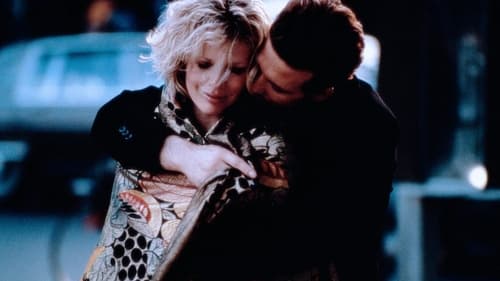
Dinner Guest
Elizabeth (Kim Basinger) é uma bela e sexy mulher que trabalha em uma galeria de arte e se envolve com John (Mickey Rourke), um rico homem. Eles se envolvem rapidamente e começam a praticar jogos sexuais cada vez mais intensos, que torna o relacionamento cada vez mais complicado e difícil de ser controlado.

Self
A compilation of avant-garde artwork and talent of the mid to late 20th century hosted by Ryuichi Sakamoto.
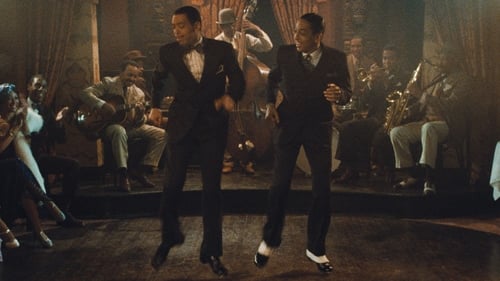
Sol Weinstein
O Cotton Club foi uma famosa boate do Harlem. Esta é a história das pessoas que frequentavam este clube, bem como das pessoas que o dirigiam. O filme é generosamente recheado com música, o jazz que tornou o Cotton Club tão renomado nas décadas de 1920 e 1930.

Himself
Signals Through the Flames is at once a history and a celebration of the Living Theatre. Founded in the late 1940s by husband-and-wife performers Julian Beck and Judith Malina, the Living Theatre was for many years the predominent American outlet for the avant-garde movement. There were occasional self-imposed exiles to Europe in the 1950s and 1960s, but the group returned full-force during the Aquarius Age to entertain a new generation of theatregoers.

“New York plays itself, as Taylor Mead and Winifred Bryan regale in pas de deux among the trashcans and the towers. The Studiedly Goofy and the Monumentally Grand are joined in masterly pas de don’t [...] The awed couple do battle with the status quo and teach the world to dance on the head of a bin. Rice detects real dignity in Bryan and amazing grace in Mead as they essay solitary promenades through the parks, subways and streets of a wintery New York landscape. Photographed and directed by Ron Rice, edited and scored by Taylor Mead.” –Edward Leffingwell

Self
During the summer of 1966 Jonas Mekas spent two months in Cassis, as a guest of Jerome Hill. Mekas visited him briefly again in 1967, with P. Adams Sitney. The footage of this film comes from those two visits. Later, after Jerome died, Mekas visited his Cassis home in 1974. Footage of that visit constitutes the epilogue of the film. Other people appear in the film, all friends of Jerome.

(archive footage) (uncredited)
Shot in 1967 but not released until 1975, actor Pierre Clémenti’s acid-infused experimental whirlwind of colour and music featuring a who’s who of the French 60s underground.

Director
Commissioned work by Julian Beck and members of The Living Theatre (featuring Beck and Judith Malina, co-founders of The Living Theatre, in performance) for broadcast on KQED-TV, San Francisco. The Dilexi Series represents a pioneering effort to present works created by artists specifically for broadcast.
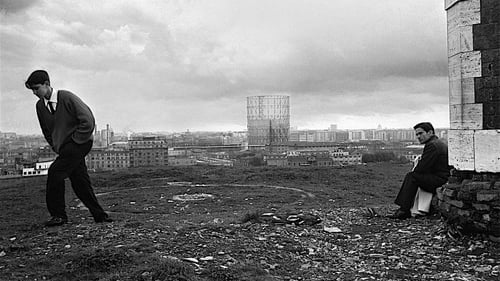
Dying Man (segment "Agonia")
Five short stories with contemporary settings. In New York, people are indifferent to derelicts sleeping on sidewalks, to a woman's assault in front of an apartment building, and to a couple injured in a car crash. A man, stripped of his identity, dies in bed with actors expressing his agony. A cheerful, innocent young man walking a city street in a time of war pays a price for this innocence. A couple talks about cinema while it watches another couple talk of love and truth on the eve of one character's return to Cuba. Striking students take over a university classroom; an argument follows about revolution or incremental change.
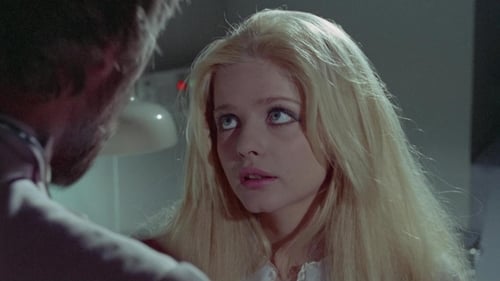
Hippie (uncredited)
A high school girl encounters a variety of kookie characters and humorous sexual situations while searching for the meaning of life.

Self
The husband-and-wife acting team of Julian Beck and Judith Malina heads the cast of the "theatre on film" presentation “Emergency”. Screened at the First International Festival of Women’s Films, 1972.

In this film, as in all my previous ones, there is a direct connection between inner urges and cinematic rendering. I tried to visualize my present aspiration to recover, through the various ways taught by one’s experience, the easiness, directness and ripeness proper to children’s relationships and affective life. This film is maybe a track of this path backwards. – A. L.
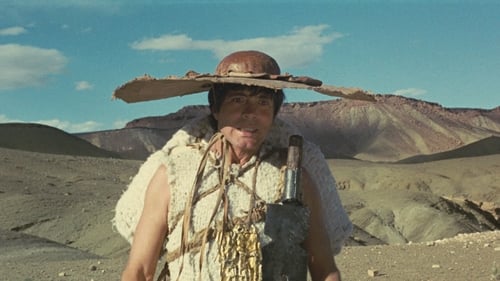
Tiresia
Édipo Rei começa em 1920 na Itália, relatando um nascimento, fruto de um caso entre uma burguesa e um oficial militar. O filme se desenvolve retratando o mito de Édipo sobre parricídio e incesto. O epílogo mostra Édipo tocando sua flauta na agitação urbana da Bolonha dos anos 60.
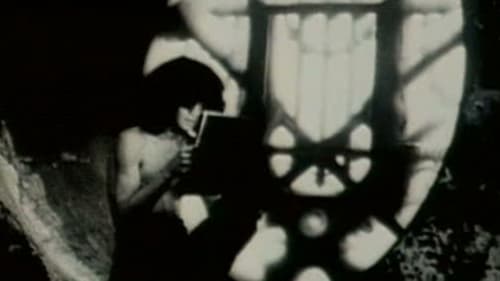
Himself
Series of three short 'Pop Films' directed between 1966 - 67 for French television by Philippe Garrel. Includes footage of The Living Theater in rehearsal, interviews with Julian Beck and Judith Malina, Donovan in concert and The Who in the studio recording 'Pictures of Lily'. Re-broadcast on INA in 1984.

Self
Leonardi's film about the Living Theatre is less concerned with a straight documentary presentation of the exile theatre group from New York, but rather is concerned with the specific atmospheric factor which is indicated by their name, and which constitutes the highly suggestive effect of their playing. Cutting, for Leonardi, is the most decisive aesthetic device. The result is a wonderfully composed furioso of pictures. The hand-held camera catches rehearsals, conversations without sound, bits of theatre and daily life actions (which, for Living Theatre people, is very often intermixed).















